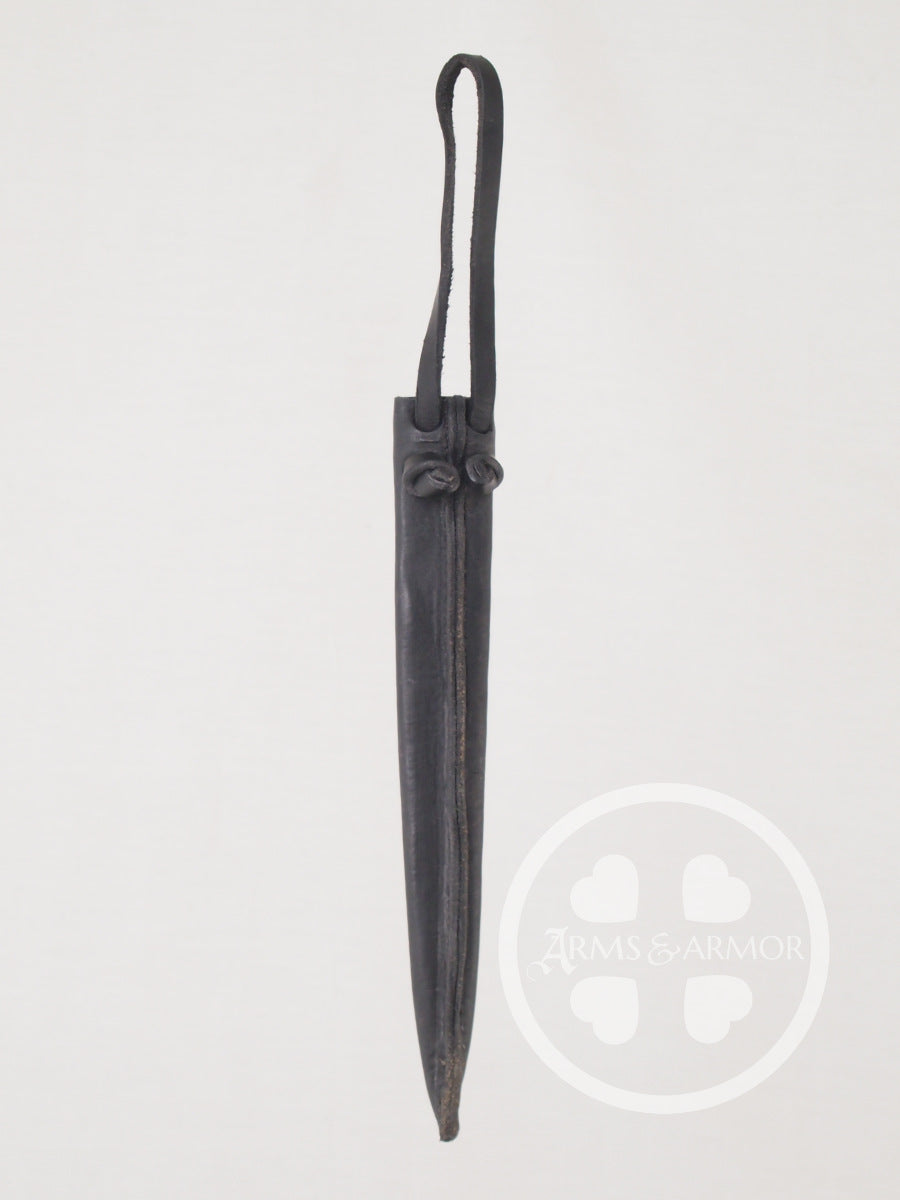


On another note the verb form is always sheathe - the verb form of sheath - you never hear of someone "scabbarding" their sword - they sheathe it. Another instance - WWI and WWII bayonet "scabbards" were all made of leather and are all hard/stiff. Hardness really doesn't play a factor in my mind since leather can be formed as hard as wood or kydex by using the ancient cuir bouilli method and I make most of my knife sheaths stiff if not hard. Personally I call a case for a a knife interchangeably a sheath or a scabbard, but more often than not call a case for a sword a scabbard. Inflected Form(s): plural sheaths /'shEz, 'shEths/Įtymology: Middle English shethe, from Old English scEath akin to Old High German sceida sheath and perhaps to Latin scindere to splitĪs you can see by the MW Dictionary scabbard is essentially just another term for a sheath although perhaps more specific, but a dagger is a knife so. : a sheath for a sword, dagger, or bayonet Etymology: Middle English scaubert, from Anglo-French escaubers


 0 kommentar(er)
0 kommentar(er)
